Share this post!
In April 2020, Ontario Regulation 107/20 was amended to accommodate changes during the Covid-19 pandemic. This affects condo property management and includes guidelines on virtual condo meetings and voting. To help you to adapt to this new approach, here are 10 tips to run effective virtual meetings if you’re a condo adjusting to the new reality.
1. Test the Technology
Have a board member test out the technology before the meeting. Find the easiest, most dependable software such as Skype, Zoom, or GoTo Meeting. Share easy steps for using the software with attendees before the meeting.
2. Provide Instructions
Send out instructions including a link to download the platform you have chosen. Some people won’t have access to a computer, so you must also provide instructions for call-ins. Suggest for people to download and test the software prior to the meeting to avoid delays.
3. Personalize the Meeting Using Video
The video option keeps things more personal, allowing people to see familiar faces. During these times of isolation seeing a friendly face goes a long way in keeping people engaged. Let people know if their faces aren’t visible as sometimes cameras aren’t set up ideally.
4. Share the Agenda Prior to the Meeting
Send out an agenda. This will allow people to come prepared with questions and concerns. Also provide a pre-read with project details and presentations, to keep things short.
5. Follow Your Standard Meeting Objectives
Don’t change the basic format of your meetings. This will make it less difficult for condo property management stakeholders to adjust to the new setting. Assign a facilitator who will stick to the agenda you shared. Announce agenda changes at the beginning of the meeting so people are not caught off guard. For longer meetings, ensure you mark out time for breaks.
6. Set Ground Rules for Participants
The most frustrating aspect of video calls is everyone trying to talk over each other. Most business conference software provides a sidebar where people can type in comments or “raise their hand”. This is the best way to take questions to avoid confusion and chaos.
7. Maintain Accountability
Assign people to manage different topics. For example, the person overseeing new maintenance policies explains how risk for the virus is being reduced. This provides accountability during the meeting.
8. Keep It Short
Video calls can be exhausting, especially when many faces are present on the split-screen. An agenda and pre-read guidelines prepare participants and reduce the risk of board directors and condo property management members becoming overwhelmed.
9. Submit Questions Pre-Meeting
Have a deadline for attendees to submit questions prior to the meeting. This will reduce time and make it easier to get through the meeting.
10. Follow-Up and Feedback
Like any other meeting, follow-up after the condo property management meeting is important. After your first meeting you should:
- Allow participants to offer feedback about the new video conferencing set up.
- Offer tips after the meeting to help the next one run smoother.
- Assign accountability for any follow-up tasks so everyone is clear on the next steps.
- Consider using real-time feedback via tools like Poll Everywhere to collect on-demand feedback in real-time.
A new by-law for condos is not required to hold virtual meetings. However, informing owners, tenants, and condo board members of new policies regarding virtual condo meetings is always a good idea.
If you would like to learn how CPO Management Inc. can assist your condo board in Toronto during the Covid-19 and beyond as we slowly return back to normal, reach out today.
